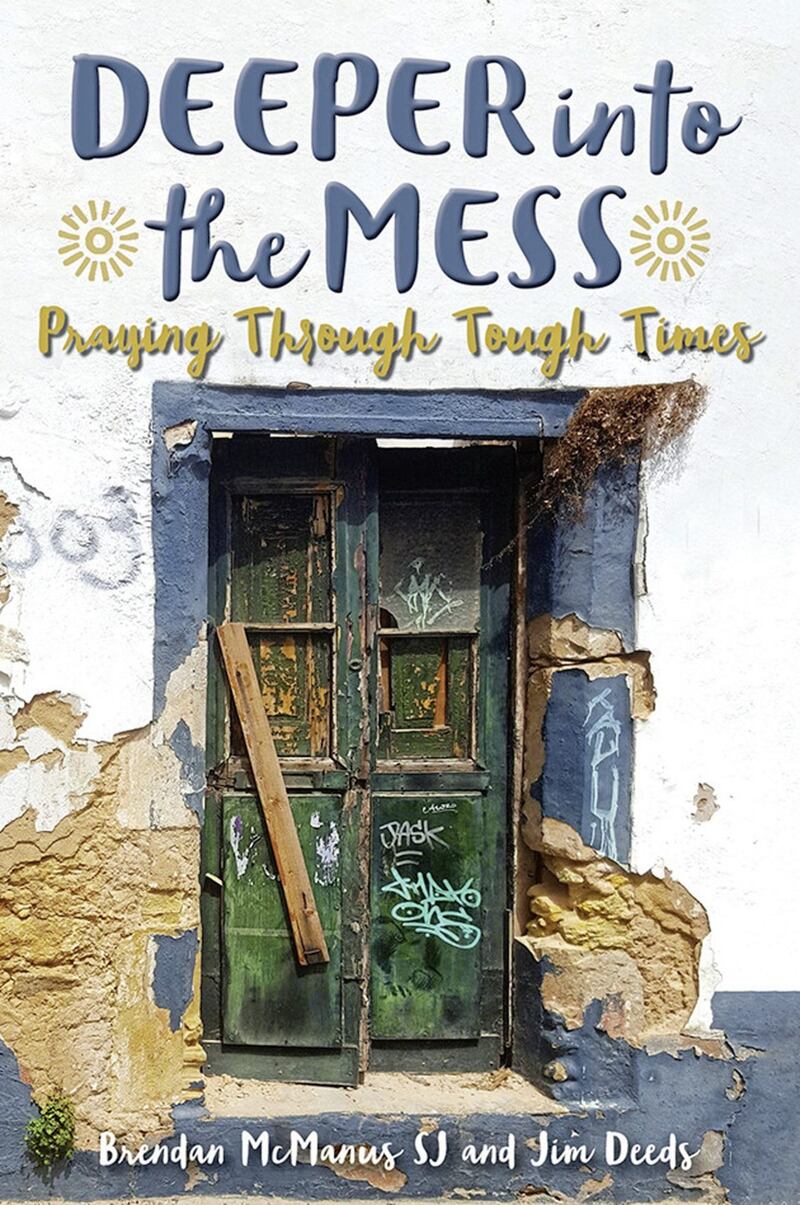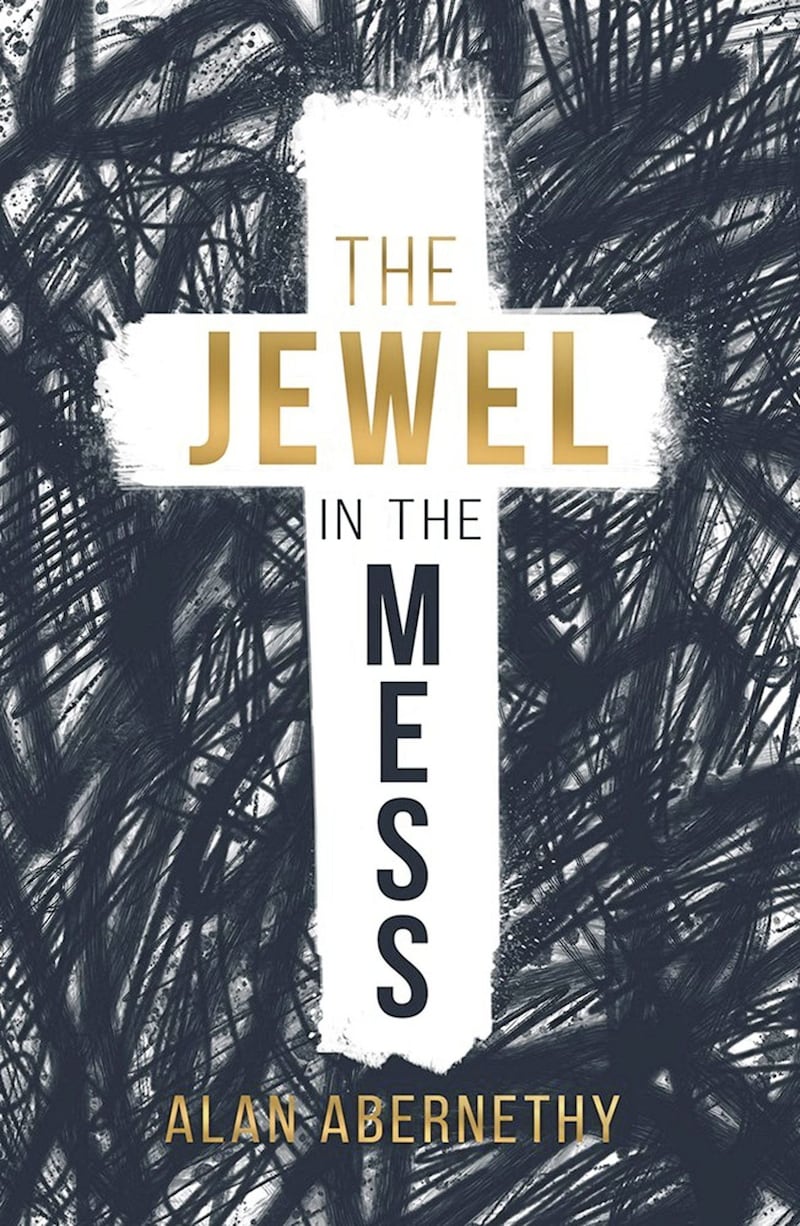LIKE taxes and royal babies, suffering and pain are unavoidable companions on life's journey.
Each takes many forms. It might be a broken leg or exam-related stress. Or anxiety caused by a lack of job security. Or cancer and bereavement, chronic back pain and loneliness... and so it goes on. But we all know this because it is part of our reality.
Suffering in one part of our life will inevitably affect another; physical, mental, social and spiritual pain, like sets on a Venn diagram, overlap each other to varying degrees, with our personal experience of suffering sitting where they intersect.
The presence of pain in our lives is sometimes presented as evidence to reject the existence of or belief in God.
The argument goes roughly like this. If God is good, he would want his people to be completely and perfectly happy and so never have to experience suffering and pain; and if God is God at all, he must also be almighty and able to do what he wants, when he wants.
But we all know that not everyone is happy. We all suffer and feel pain. Therefore, if there is a God at all, they must be neither all-powerful nor loving. They would not be worth a second thought.
Against this, far from seeing suffering as slam-dunk evidence that God is weak or non-existent, Christianity has traditionally regarded suffering as inevitable this side of heaven.
Pain is part of the manifestation of sin, goes the argument, and while it can lead some to abandon or question faith, others draw strength from it.
The Book of Job in the Old Testament tackles the reality of suffering and the problem of pain in searing detail. The apostle Paul wrote of his "thorn in the flesh". The crucifixion of Jesus, "the suffering servant", is the ultimate example.
CS Lewis, the Belfast-born Chronicles of Narnia author and Christian apologist, wrote often about the paradox of how a just and loving God could allow suffering.
"Pain insists upon being attended to. God whispers to us in our pleasures, speaks in our conscience, but shouts in our pain: it is his megaphone to rouse a deaf world," he wrote in The Problem of Pain.
I was reminded of all this by two books, both newly published, which confront the issue.
Each comes from a Christian perspective, though there is wisdom for all in their pages.
Coincidentally, they both carry the word 'mess' in their titles, as a shorthand to describe the far-from-perfect state of our lives and the world we live in.

The first is Deeper into the Mess - Praying Through Tough Times by Jim Deeds and Brendan McManus SJ, published by Messenger Publications.
A follow-up to their earlier book Finding God in the Mess, it draws on Ignatian spirituality and addresses subjects including fear, difficulty and loss.
The honesty with which it tackles what are still taboos for many is refreshing and courageous.

For example, one section, 'When darkness is all around', looks at anxiety, suicide, anger and self-criticism. Elsewhere, addiction and facing death are meditated upon.
As the book puts it, "the messy substance of our lives can often be full of pain"; but the disasters and struggles are often "doorways through to better things; with patience and prayer we can learn to build a closer relationship with God by venturing deeper into ourselves".
The second 'painfully messy' book to land on my desk was The Jewel in the Mess from Alan Abernethy, the Church of Ireland Bishop of Connor, published by Columba Books.

This has been written from very real and raw personal experience. Indeed, as you read this, Bishop Abernethy is embarking on a course of radiotherapy as part of treatment for prostate cancer.
He links depression and mental health struggles with a difficult childhood, overshadowed by his father, who had a gambling addiction, walking out on the family.
There is a recognition that trials and tribulations, brokenness and mess are part of life, however unwelcome they might be.

Having been on his own Via Dolorosa, the bishop has emerged at the other end further convinced that Jesus - the "jewel in the mess" - came into the world to be led to a criminal's death and, referring to the resurrection, that "love conquered death..."
This counter-intuitive proposition at the heart of Christianity is deeply troubling and contentious for many; yet for others, it helps make sense of not only the reality of pain but also life itself.









